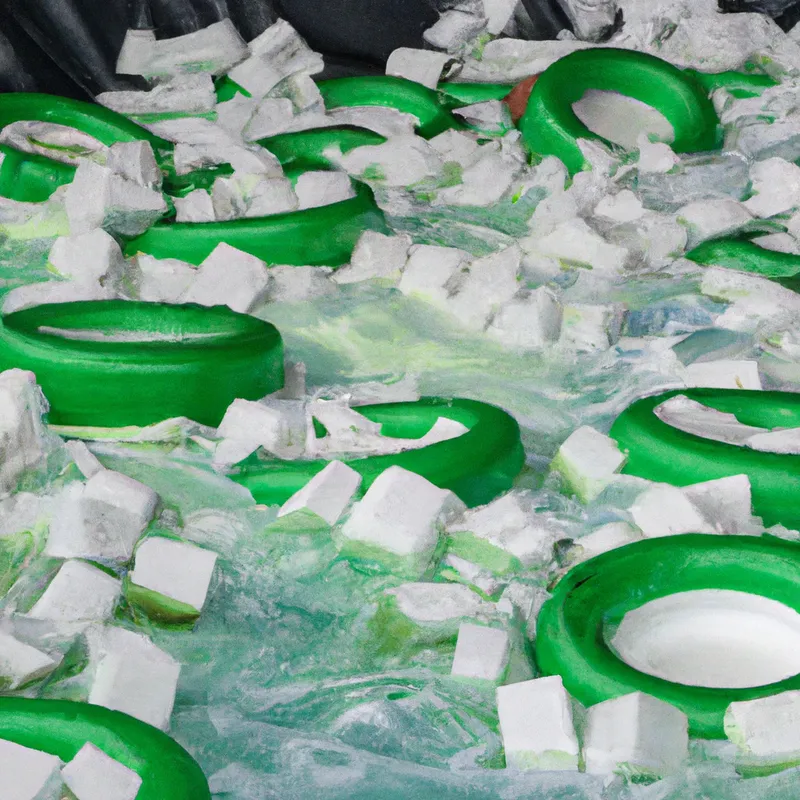Enhance Performance: Top Recovery Tips for OCR Athletes
Recovery Techniques for OCR Athletes: From Foam Rolling to Ice Baths
Obstacle Course Racing (OCR) has become popular recently. These races test physical strength, endurance, and mental resilience. To perform well and enjoy a long career in OCR, athletes need proper recovery techniques. Recovery involves proactive measures that prevent injuries and enhance performance. This post explores effective recovery techniques for OCR athletes, including foam rolling, stretching, ice baths, active recovery, and nutrition.
Foam Rolling: A Self-Massage Technique
Athletes often use foam rolling as a recovery method. This technique applies pressure to sore muscles, releasing tension and improving circulation. As a result, athletes experience faster muscle recovery and less soreness.
To foam roll effectively, start with larger muscle groups affected during OCR training. Focus on areas like quads, hamstrings, calves, back, and glutes. Roll slowly over each muscle group, spending extra time on tight spots. Aim for 1-2 minutes per muscle group while applying pressure and breathing deeply.
Foam rollers come in different densities. Softer rollers suit beginners, while firmer options target deeper knots. Incorporating foam rolling into your routine—before and after workouts—can significantly enhance recovery, enabling harder and more effective training.
Stretching: Improve Flexibility and Reduce Tension
Stretching is a vital recovery technique that enhances flexibility and reduces muscle tension. After a tough OCR workout, spend 10-15 minutes stretching major muscle groups.
Focus on static stretching by holding each stretch for 20-30 seconds. This technique helps muscles relax and lengthen. Target key areas, including hips, back, shoulders, and hamstrings. Include dynamic stretching in your warm-up routine to prepare your muscles for OCR demands.
Stretching should never feel painful. Instead, aim for a gentle pull. Regular stretching prevents injuries and improves performance by enhancing your range of motion.
Ice Baths: Cold Therapy for Recovery
Ice baths serve as a recovery method among elite athletes, including OCR competitors. Cold therapy reduces inflammation and numbs sore muscles after intense training or races. While immersing in ice-cold water may seem daunting, many athletes appreciate the benefits.
To take an effective ice bath, fill a tub with cold water and add ice until it reaches 50-59°F (10-15°C). Soak your body for 10-15 minutes to reap the benefits.
Conclusion
Incorporate these recovery techniques into your routine. Foam rolling, stretching, and ice baths enhance recovery and improve performance in OCR.
Below are related products based on this post:
FAQ
What are the benefits of foam rolling for OCR athletes?
Foam rolling provides several benefits for OCR athletes, including releasing muscle tension, improving circulation, and facilitating faster muscle recovery. By applying pressure to sore muscles, athletes can experience reduced soreness and enhance their overall performance.
How long should athletes spend stretching after an OCR workout?
After a tough OCR workout, athletes should spend 10-15 minutes stretching major muscle groups. Focus on static stretching and hold each stretch for 20-30 seconds to help muscles relax and lengthen, ultimately improving flexibility and reducing the risk of injuries.
What is the recommended temperature and duration for an effective ice bath?
For an effective ice bath, the water temperature should be between 50-59°F (10-15°C). Athletes are advised to soak their bodies for 10-15 minutes to effectively reduce inflammation and numb sore muscles after intense training or races.















Post Comment